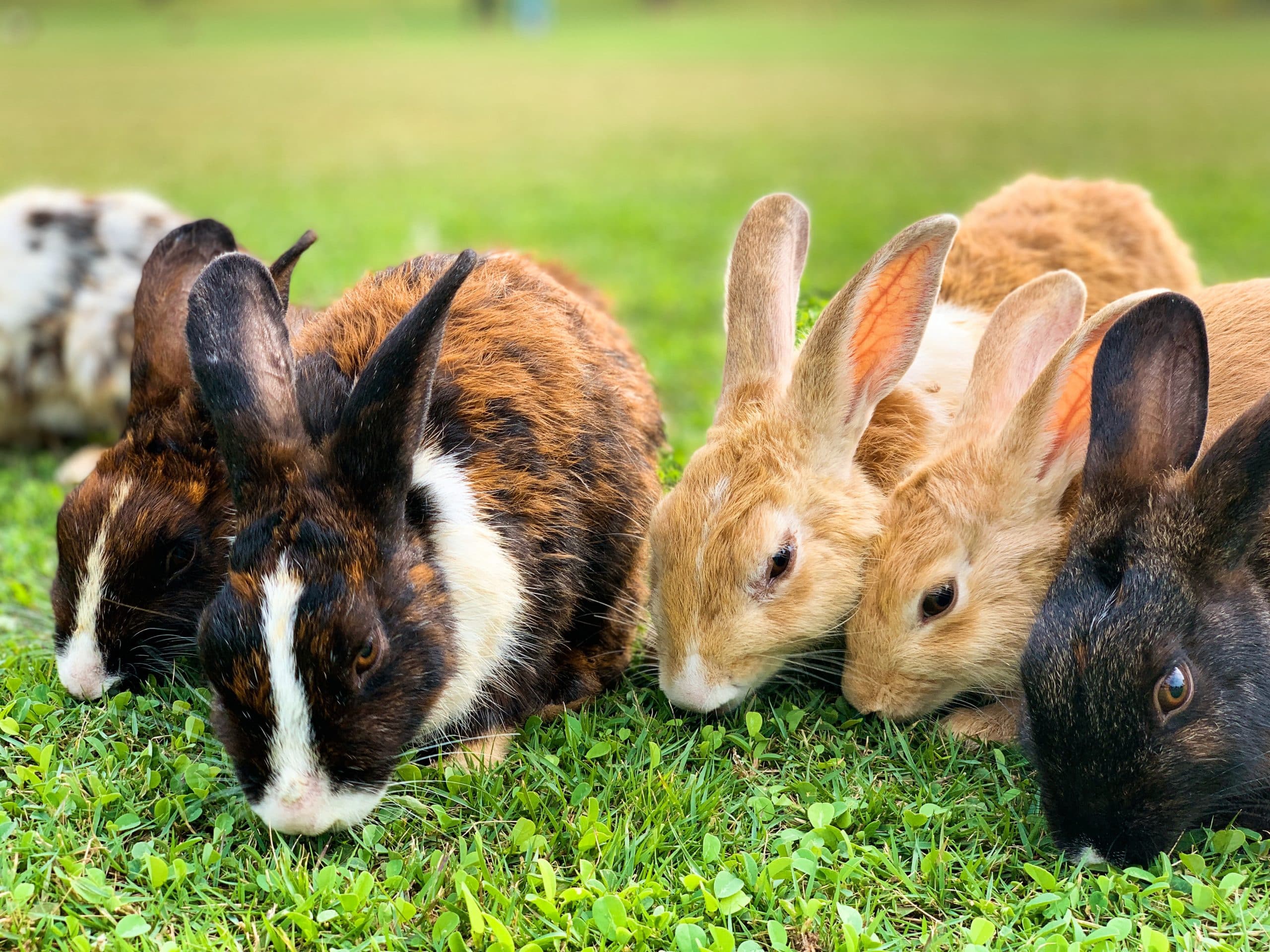Planting and growing your own vegetables can be rewarding, but learning to protect your garden from pests and animals can involve a lot of trial and error – especially if you aren’t sure which common garden pest is helping themselves to a private salad bar. Here are some easy ways to protect your garden from common animals and pests.
Tip One: Fence It
Fencing is the most effective way to protect your garden from pests and keep unwanted visitors out. Try to make your fence two to three feet and about a foot underground, which will work for most rabbits.
Chicken wire, hardware cloth or rabbit fencing are the least expensive alternatives for small mammals. A fence that’s at least six to eight feet tall will work for most deer, and plastic bird netting can be placed over small edible bushes like berries before they ripen.
Tip Two: Identify The Culprit
Figuring out who’s eating what is the basic thing to do. Then We can choose the right kind of management method.
Deer may leave tracks in the soil and make clean snips on herbaceous plants or tear woody plants,
Rabbits make sharp cuts on herbaceous and woody plants and may leave pellet droppings,
Squirrels will split shells or husks of nuts, and dig up flower bulbs,
Birds peck holes in fruit or steal it before you even know it’s ripe.
Tip Three: Garden in Pots and Raised Beds
Elevating your pots or planting in raised beds are useful as well. A raised bed two feet or taller will limit rabbit damage, especially if you add a short fence on top. Pots can be mounted on railings, or try planting greens in window boxes – and out of reach of hungry bunnies and deer.
Tip Four: Scare Them Away
Metallic streamers, bird tape or an old-fashioned scarecrow may keep birds away, but require being moved around the yard regularly so they don’t get used to them. Motion activated sprinklers or lights are another possibility to scare away mammals.
Tip Five: Choose Less Tasty Plants
If they’re hungry enough, animals will eat anything. But there are certain kinds of plants that are less appealing than others – especially plants that are highly aromatic, fuzzy or have prickles.
Tip Six: Protect New Plants
If your seeds are starting to sprout, animals and garden pests will be attracted to the tender new growth. The plant’s small size and new lease on life will leave them much less able to bounce back from grazing damage.
Protect your garden by installing a fence or using trunk wraps to protect new plants and shrubs, and a light net covering over planter boxes.
Tip Seven: Try Repellants
Odor repellants are granular and attempt to keep the animal away from an area with a bad smell. Taste repellents are sprayed on vulnerable plants and cause an animal that ingests them to feel sick.
It’s important to note that they won’t cause long-term damage, just train pests to stay away from a specific area. These products have to be used year-round and must be reapplied after rain, plus animals are known to simply eat the plants anyway or get used to the taste.





